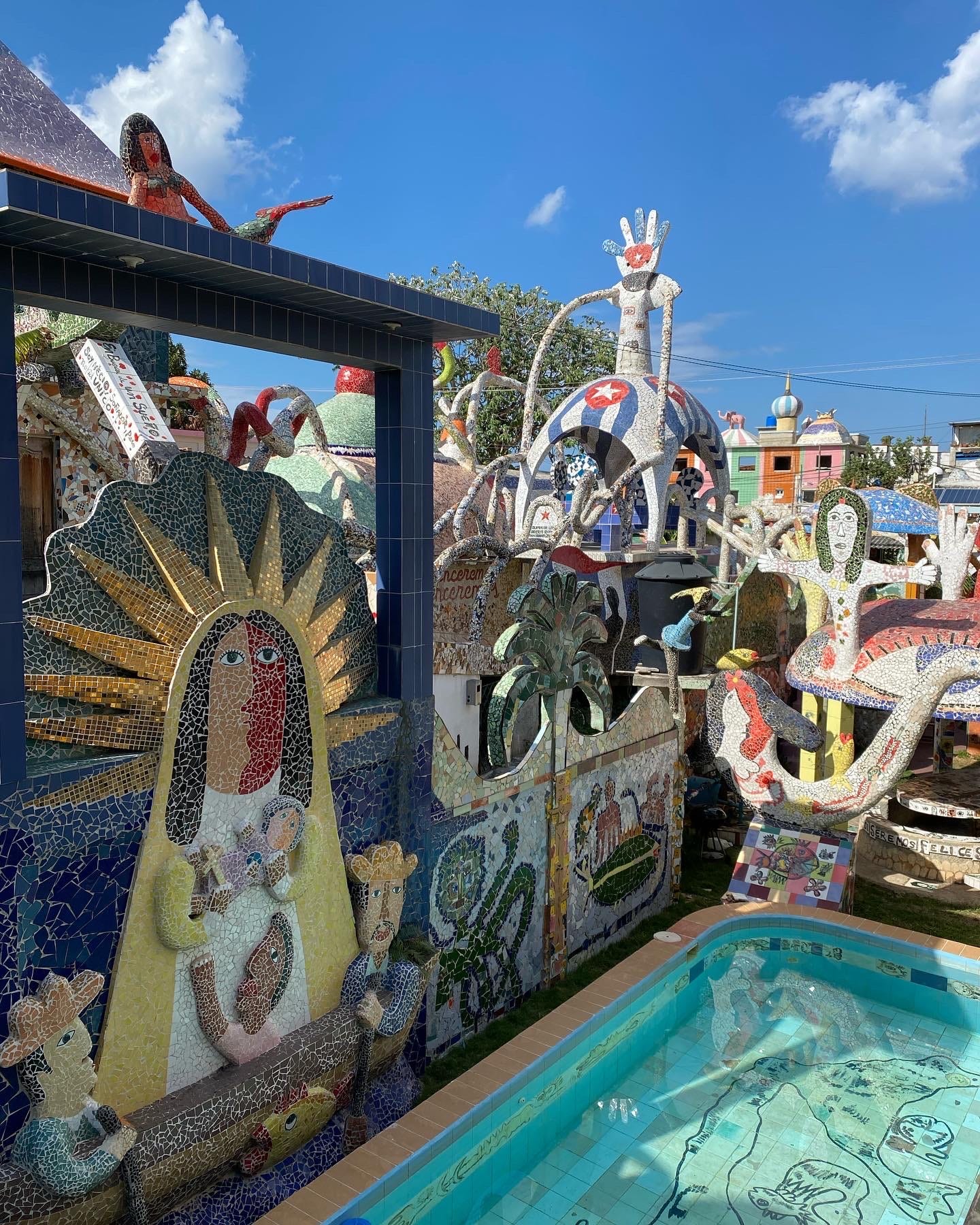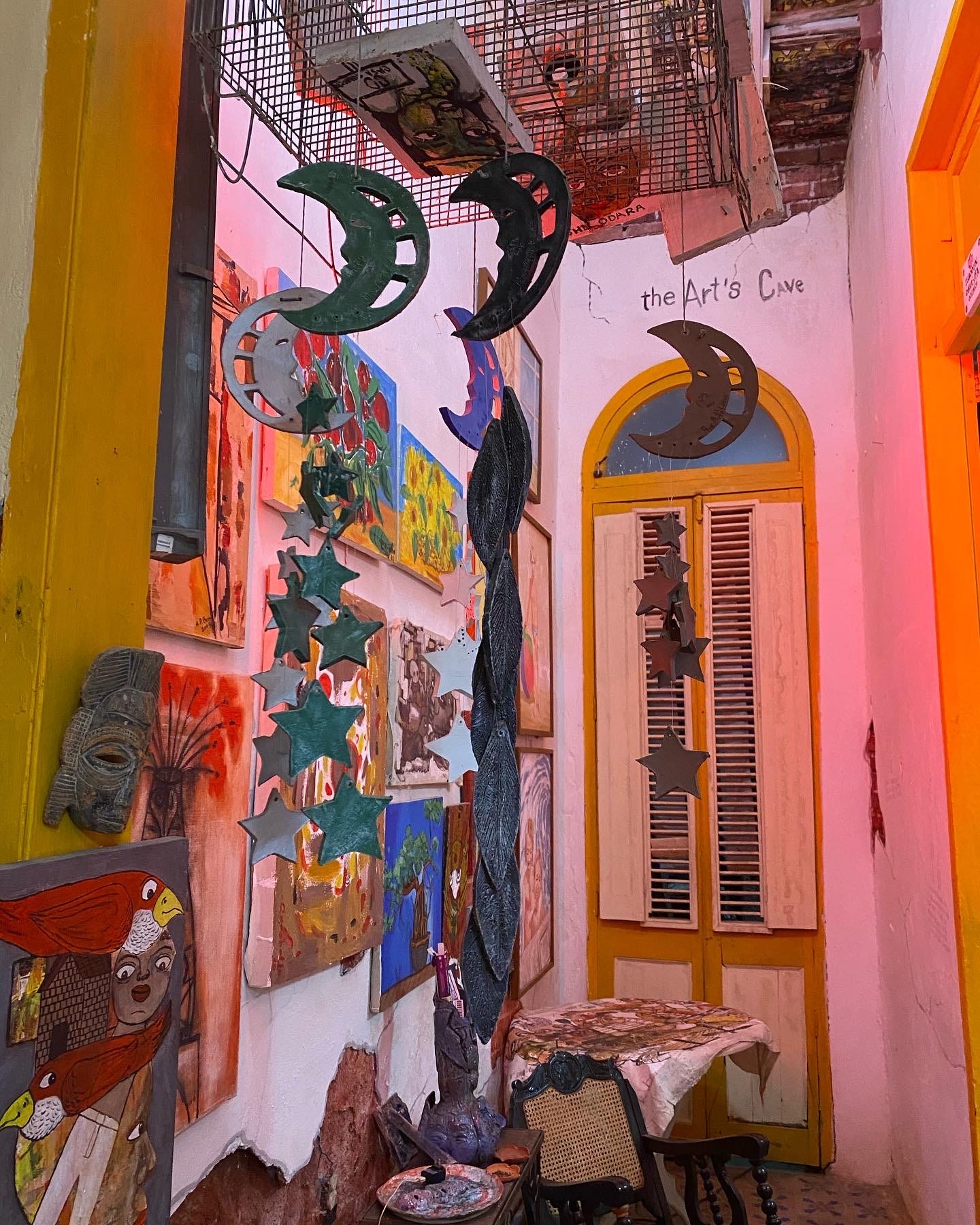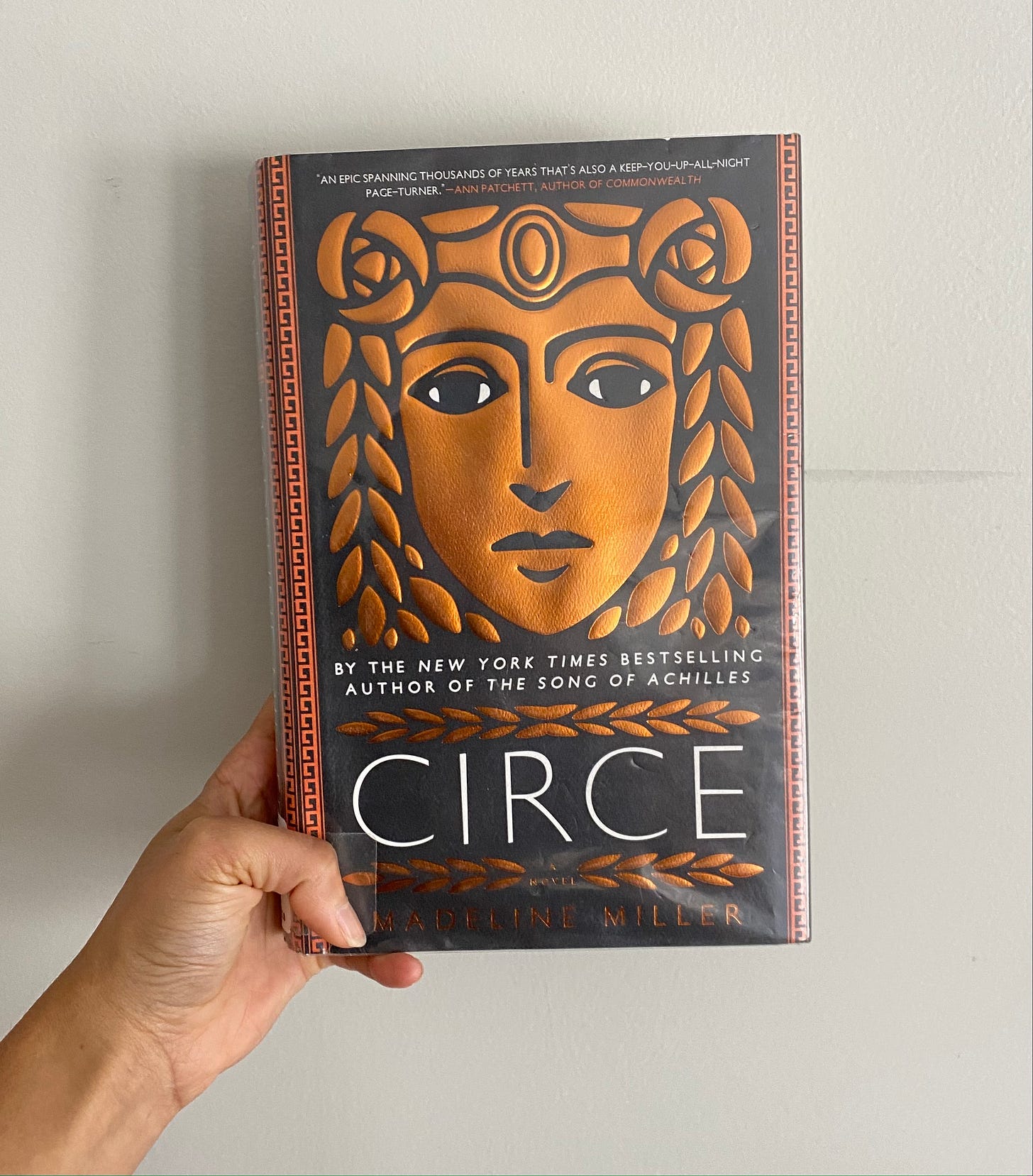The Elephant in the Room: Socialism in Cuba
One major question of the 21st century
January 27, 2023
Happy Friday, travelers! This week, I’m wrapping up Cuba reflections and sharing two new books that I absolutely loved. I think readers of all kinds will love both of them.
Of every memory I have from Cuba, one that stands out from the rest is an insight from one of our guides.
To conclude our walking tour, she said, “We need political and social change in my country, but we need to do it ourselves, in the way we desire. Not the way the rest of the world wants us to do it.”
Our small group of Americans and Germans nodded our heads, wide-eyed, in complete understanding of what she meant. Powerful nations like ours used their decisive currencies and strong-arm diplomacy to tell nations like Cuba what she should be. It seems like we can’t go an entire decade without doing that to someone, somewhere.
The natural follow-up question is: How will that look? That isn’t a question for me to answer, or any government that will be tempted to answer on their behalf.
But I was unexpectedly graced with a fascinating response a few short nights later.
Our last night in Havana, on a cobblestone courtyard next to a pale yellow church, we sat with two brothers we met through an art studio. One of them is an artist himself. A few nights prior, we curiously walked into his gallery, its open door beckoning us inside. I was drawn immediately by the ceramics that adorned the back wall, visible from the street. Over the week, we dropped by a few more times, and on our last night, we visited again to say goodbye.
But this time, our talks were deeper. A mix of Spanglish, so everyone could express themselves fully, in their own mother tongue. My brain worked overtime, a dictionary between the two.
When I told him that there are young people in my country advocating for socialism, his instinctual response was a look of exasperation.1 He almost laughed, more frustration than amusement, and said, “No. We need new systems. Capitalism consumes the Earth, drains and depletes it. Socialism makes everyone poor. We need no more of the old. We need something new entirely.”
Something new entirely.
I have pondered, off and on, as to how that would look in the real world. If people can even agree on what this something new should be, how it should function, would it actually be an improvement on the systems we already have? Or would it be more of the same? Even the optimist in me can hardly believe we will, if given more chances, make a smaller mess of things than we already have.
The mounting tension of people under repressive governments cannot be ignored. It is a reality worldwide, with uprisings flaring up throughout 2022 even in places where such a thing is practically unheard of.
Even if we don’t have an answer for what “something different,” will be, the question will only be repeated until people desiring that newness are free. Powerful foreign governments will step in, telling them what they should want. It’s a tale as old as time. What will be interesting to watch, though, is if their old playbook will work on this generation of activists. I’m willing to wager it won’t—they can smell imperialism from thousands of miles away, and are having none of it.
I landed in Cuba unconvinced that socialism solves the problems it exposes.2 But instead of carrying this assumption throughout the week, I wanted to learn from people who have actually lived under it and continue to.
I left even less convinced it was effective.
The exhaustion that emanated from people who talked about their lives under the government, the frustration that dripped from their words, the hours-long lines outside the Spanish embassy all pointed to a reality that it isn’t working. Not for everyone. Not even for most. Signs with messages in support of the current system aren’t enough to negate people’s daily lives.
People worldwide watched as Fidel Castro rose to power, sure his revolution government would fall within months. After all, he was some passionate kid with no real political experience, and passion is not enough to run a country.
As we know now, they were wrong. Cuba has been ruled by the revolution government for 64 years, for better or for worse. Whether it will be replaced with the “something new” both our guide and our artist friend described is a major question of the 21st century.
Regardless of the answer, the world will watch again. Because aside from its natural beauty and warm people, Cuba is a pivotal land. A land worth witnessing. A land worth knowing not on our terms, but on theirs.
A land whose people could change the geopolitical scale of the world.
What’s On My Tray Table
Circe, by Madeline Miller
In the palace of Helios, god of the sun, a daughter is born. A daughter no one wants, a girl who could not fit in with her fellow immortals if her life depended on it.
Circe is Madeline Miller’s second novel, another Greek mythology retelling. I love that she centers largely unknown characters from these age-old stores as her protagonists or narrators. You may remember that her debut, The Song of Achilles, was my favorite book from last year.
This time, she centers Circe, a minor goddess-turned-witch who spent her eternity exiled on a desert island, Aiaia. Throughout her eventful life, she interacts with famous mythological figures, like Hermes, Odysseus, and Scylla.
In the end, she finds love in such an unexpected place. The last chapter will not be what you expected, but it is absolutely perfect for her. As I read the very last sentence, I beamed like the sun.
With an unexpected plot and absolutely gorgeous prose, I give this one five stars brighter than Hermes himself. You can find it here.
Sea of Tranquility, by Emily St. John Mandel
Edwin St. James is exiled to Canada from his cushy life in high British society at the dawn of World War I. Deep in the wilderness of British Columbia, he hears a violin played in an airship terminal, a technology that would not yet exist for hundreds of years.
Olive Llewellyn is a best-selling author doing a book tour on Earth, far from her home on the Second Moon Colony. One day, as she walks in an airship terminal headed to her flight, she sees a man playing violin. Suddenly, she sees evergreens that kiss the sky—for a moment, she is no longer in the terminal, but somewhere far, far away.
Both characters cross paths with one key figure whose full identity and personal history are revealed about midway through. The way Emily St. John Mandel tied this story together is some of the best work I’ve seen on alternating timelines.
The unexplained event they share across centuries is revealed at the very end. The premise is so fascinating, you’ll want to find out.
By the way, the Sea of Tranquility is a real place. And it isn’t on Earth.
Even if you’re not into science fiction (neither am I), I highly recommend this novel. It is simply magnificent. You can find it here.
I hope your weekend is full of beautiful places and even more beautiful words.
Be brave and stay that way,
Sarah
When I engage in conversations like these, I really try not to give away my personal opinion, because that isn’t relevant here. It’s more about the other person having the microphone. My goal in this space is to encourage you to think. Not to tell you what to think, or even what I think some of the time. Just to think, deeply and widely.
This is, in part, based on living in Ukraine, a nation that has labored for decades to heal from the abuses of the Soviet Union.








